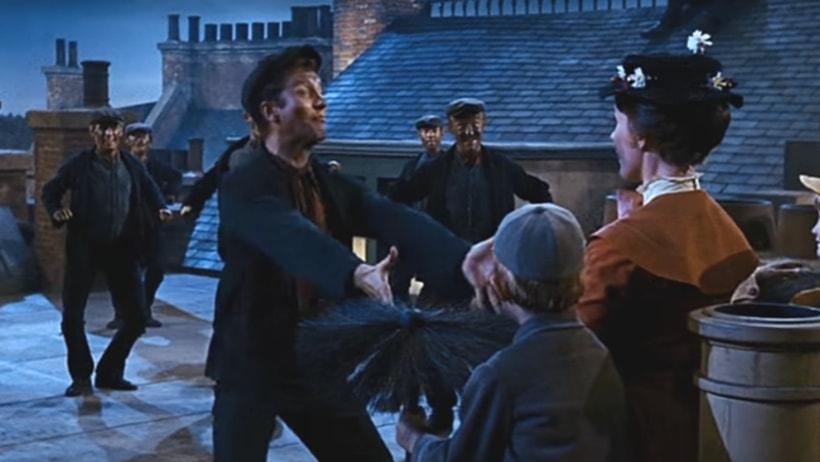In Rabbi Isaak’s speech at Congregation Neveh Shalom’s annual meeting last June, he joked that perhaps his title will remain “New Rabbi” and incoming senior rabbi, Rabbi Kosak, will become “Newer Rabbi.” The inside joke is that to some of our life-long members who were around when Rabbi Isaak was installed as senior rabbi, he remained the “new rabbi,” even after 22 years of service to our community. This is much more than light-hearted self-deprecation; it’s a testament to the beautiful relationship that this congregation has with its clergy. It is rare to see a congregation with two rabbi emeriti, and rarer still that the congregation would maintain such a love and respect for multiple rabbis across multiple decades.

To our modern sensibilities, it seems innate to obsess over the latest and greatest anything. However, our parshah this week is an eloquent reminder that part of what makes new things special is the history of what came before them. Parshat Tzav begins with a review of the instructions for the priests in regard to various types of sacrifices. The instructions detail things like what time of day the sacrifices are to be made and by whom they are to be consumed. The text continues with instructions on kosher eating and concludes with a review of how priests are sanctified in their role as leaders.
Early in the discussion of the day-to-day life of a priest, the Torah commands that the first act they do every morning is to put on ordinary clothes and remove the ashes of the previous night’s sacrifice. Literally, it’s a ceremony for cleaning the fireplace. I don’t know about you, but cleaning my fireplace hardly seems ceremonial. I love the role of charming chimney sweep Bert in Mary Poppins as much as anyone, but let’s be honest – that’s a very romanticized portrayal of a very dirty job. I have a gas-burning fireplace strictly so I can avoid this task altogether.
As high a title as the priests had, they were by no means spoiled. Their job as spiritual leaders of the people included housekeeping tasks. But the question remains, why was it so important that the leftover dirt from the previous day be treated with pomp and circumstance? The Torah answers with the notion that what was holy yesterday must still be treated with reverence today. That is to say that while the remains might be ashes now, not long ago they were a holy offering to God.
These words are a helpful reminder in the “new, newer, newest” world in which we live. It is to those who came before us, those upon whose shoulders we stand, that we owe our place in life and the freedoms we enjoy. I couldn’t be prouder to have a place among this incredible legacy of clergy at Neveh Shalom. This is a hallmark of Judaism: we stand on the work of our past and use that to inform and influence our future.
-Rabbi Eve Posen
Source: From the Fire – Parshat Tzav 5776 – Rabbi Eve Posen



